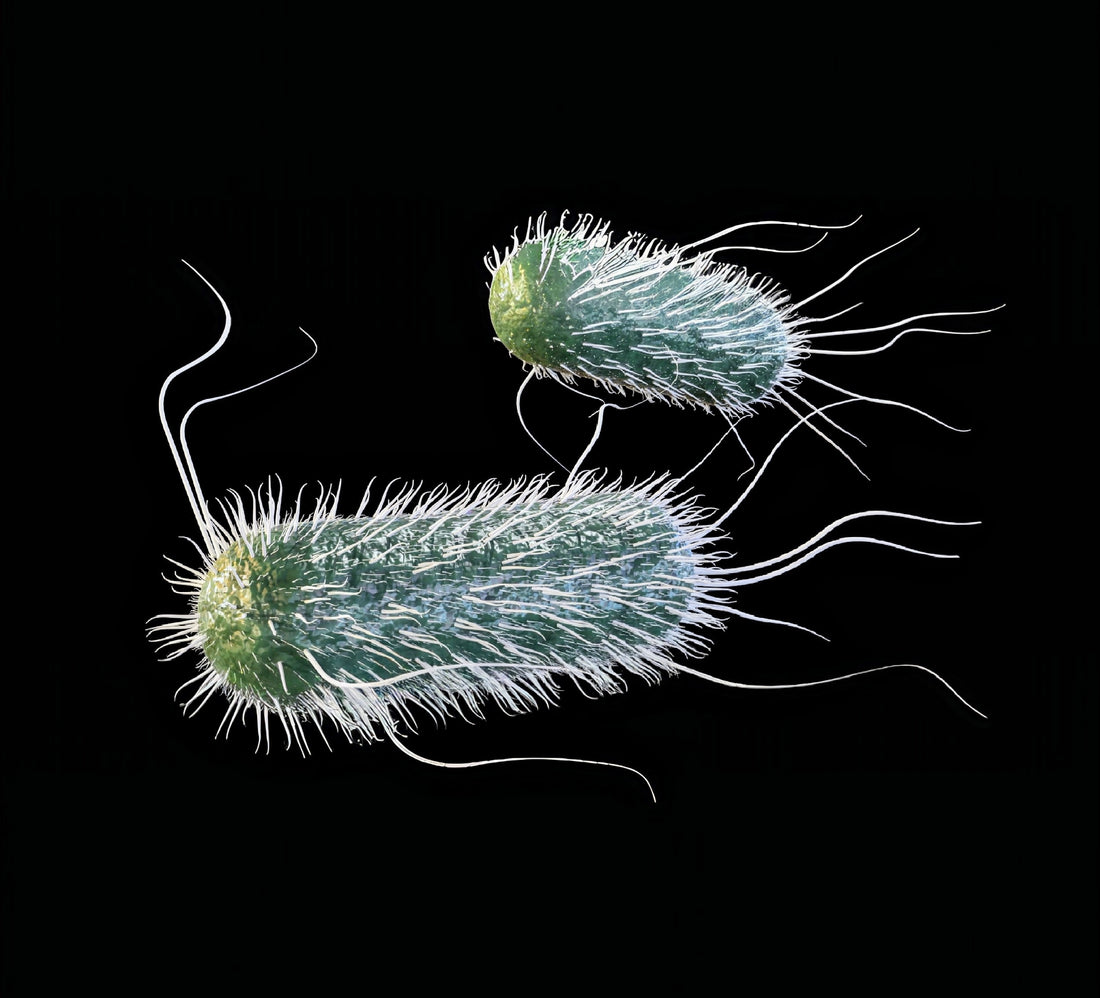Certain food ingredients, particularly caffeine, can influence how bacteria respond to antibiotics, making them more resistant. Research led by Professor Ana Rita Brochado at the University of Würzburg reveals that caffeine affects E. coli by activating a gene called Rob. This gene triggers changes in transport proteins, which help bacteria block antibiotic entry. While caffeine does not directly kill antibiotics, it makes it more difficult for them to enter bacterial cells, leading to a temporary and subtle form of resistance.
• The study tested 94 substances, including antibiotics and common food ingredients.
• Caffeine activates the Rob gene, changing how transport proteins behave in E. coli.
• Resistance is not permanent; it’s a flexible response that can be turned on or off.
• The effects of caffeine do not apply to all bacteria, as seen with Salmonella.
Understanding this relationship is crucial for effective antibiotic treatment. It suggests that dietary choices, like coffee consumption, can impact medical outcomes. This knowledge could lead to new guidelines for antibiotic use, incorporating dietary considerations to enhance treatment effectiveness.
Enjoying the read? Subscribe for free to one of the fastest-growing newsletters and get weekly coffee news (TL;DR updates) delivered right to your inbox.

